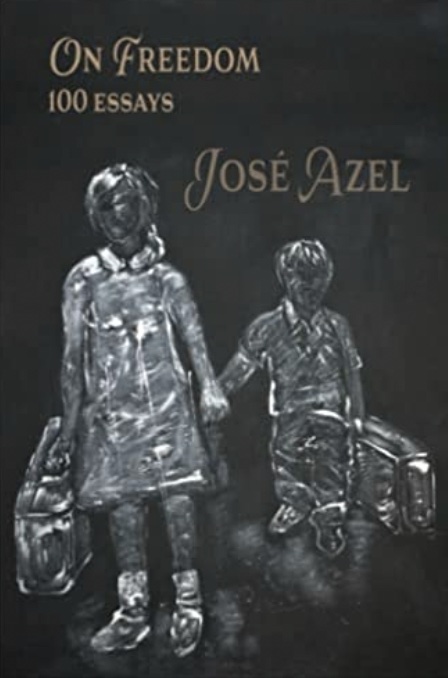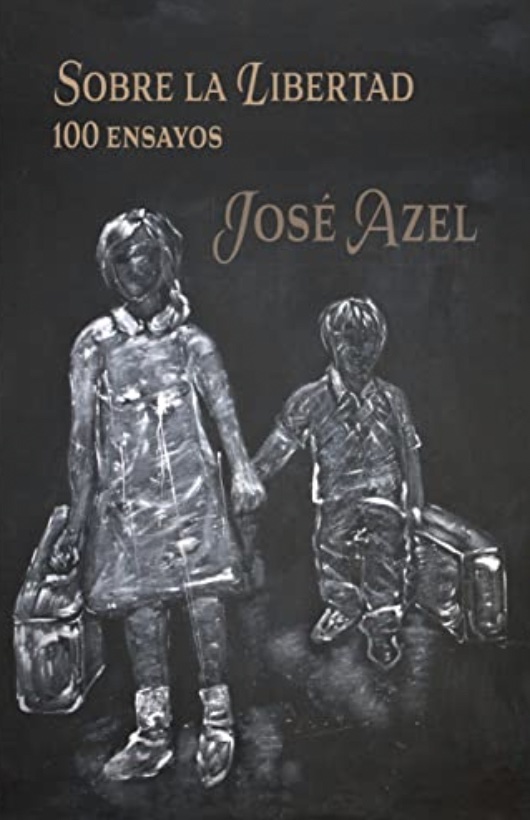| I must begin with a full disclosure disclaimer; I am not a Freemason, and my knowledge of Freemasonry is superficial at best. My interest, and the only topic of this article, is the oversized role that Freemasons have played in the struggle for liberty. |
|
Freemasonry is not a political party or a religion, although its beliefs have been influenced by 18th and 19th Century Deism. There is no official spokesperson or ruling body, and Freemasonry offers no eschatology or theology. And yet, Freemasonry is the world’s oldest secret society with a complicated and controversial history.
What is not controversial, however, is the impressive number of noteworthy individuals throughout history that were Freemasons. I will focus only on those involved in the struggle for liberty.
Many of the Founding Fathers were Masons, and some U.S. history scholars contend that Freemasonry was central to the American Revolution and that it became foundational to the U.S. government. Speculation regarding Masonic symbols includes those supposedly in the one-dollar bill, the plan layout for Washington, D.C., and many more.
Let’s take a look at the Founding documents. Fifteen of the fifty-six signers (27 percent) of the Declaration of Independence were Freemasons or likely Freemasons. Benjamin Franklin, John Hancock, Joseph Hewes, William Hooper, Robert Treat Payne, Richard Stockton, George Walton, and William Whipple, were known Masons. For Thomas Jefferson, Roger Sherman, George Read, John Penn, Thomas Nelson Jr., Lyman Hall, and Elbridge Gerry, there is evidence of membership or affiliation.
When the Constitutional Convention opened in Philadelphia in 1787, the unanimous choice for presiding officer, George Washington, and the elder statesman Benjamin Franklin were both Freemasons. In fact, 28 of the 40 signers of the Constitution (70 percent) were Masons, or thought to be Masons. Interestingly, these Founding documents were infused with the ideas of English philosopher John Locke, commonly known as the “Father of Liberalism.” Locke was a Freemason.
There were 81 generals in the Continental Army, 33 of them, including Washington, were Masons (41 percent). Similar trends can be shown for the Chief and Associate Justices of the Supreme Court, for Secretaries of State, etc. And, most importantly, approximately one third of U.S. Presidents have been Freemasons.
South of the border we find that the struggle for liberty was also championed by Masons. Among them, Simon Bolivar, who played a key role in the establishment of Venezuela, Bolivia, Colombia, Ecuador, Peru, and Panama; Jose de San Martin, liberator of Argentina, Chile and Peru; Francisco de Miranda, a military and revolutionary leader that preceded Bolivar; Antonio Nariño and Francisco de Paula Santander, ideological, military, and political leaders of the independence movement in New Granada (present day Colombia); Bernardo O’Higgins, who freed Chile from Spanish rule; and Toussaint Louverture, a leader of the Haitian Revolution.
When it comes to Cuba, which gained independence nearly a century after the rest of Latin America, Masons organized (often in Masonic Lodges), and then lead the wars for independence, among them, Carlos Manuel de Cespedes, Ignacio Agramonte, Perucho Figueredo, Calixto Garcia, Maximo Gomez, Antonio Maceo, and Jose Marti. As happened in the United States with General Washington, Cuba’s first President Tomas Estrada Palma was also a Freemason.
While Freemasons have distinguished themselves in the struggle for freedom, they have also not escaped the ire of the enemies of freedom. Nazi Germany under Hitler, Fascist Italy and Spain under Mussolini and Franco respectively, and Marxist Soviet Union under Stalin all persecuted and banned Freemasonry.
It is analytically difficult to understand, much less explain objectively, the reasons underpinning this oversized role that Freemasons have played in the struggle for liberty. However, it is likely that the Enlightenment ideas of liberty, independence, equality, and fraternity, were at play.
Yet, conspiracy theorists have long claimed that Freemasonry is an organization seeking world domination or already secretly in control of world politics. I have no idea, but given my classical liberalism, and Freemasonry’s distinguished record of fighting for freedom, I could have been a Freemason. Except that, I subscribe to comedian Groucho Marx’s dictum that, “I don’t want to belong to any club that would accept me as one of its members.”
Please let us know if you  this article. this article. |
|
We welcome your feedback.
Abrazos,
Lily & José
(click on the name to email Lily or Jose) |
|
|
|
|












No comments:
Post a Comment